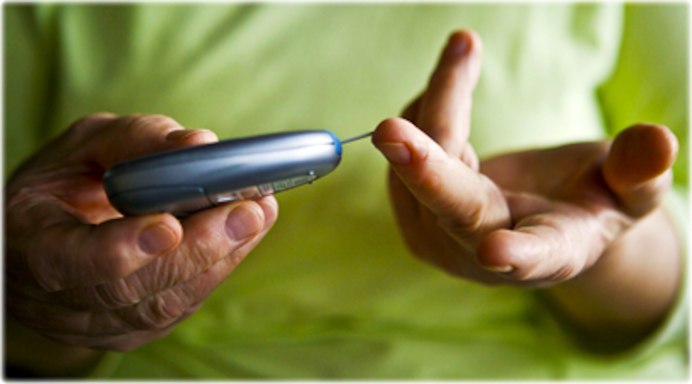

Having a healthy lifestyle is always a good idea but diabetes is one condition that makes following a healthy lifestyle sort of mandatory as it is a part of the treatment more so. We all know that diabetes is a result of our body’s inability to make insulin and that when you eat food it gets converted to glucose. This is the time when our pancreas releases insulin in order to help the sugar get absorbed by the body. Understanding the role of insulin is what helps us understand that unavailability of insulin can hinder the work of our body system.
If there is no insulin then the body cells starve due to the unavailability of glucose. This can damage the working of the kidney, eyes, nerves, and heart. The most common type of diabetes is type 2, mostly occurring in adults. People with type 2 might be able to prepare insulin but not enough. Symptoms of diabetes type 2 include feeling thirsty, peeing frequently, fatigue, vision issues, feeling hungry, numbness, or tingling in hands or feet, to name a few.
Treatment of diabetes is based on the inclusion of a balanced diet together with regular exercise. Medication is also included if even after following a healthy lifestyle, you are not able to maintain sugar levels after these adjustments.
Exercise and a healthy diet do help in controlling sugar to a great extent as it allows glucose to enter the cells without the need for insulin. It also helps in lowering glucose levels as well as blood pressure. Exercise increases stamina, fitness, and energy levels as well.
Patients with diabetes are recommended exercises that are a combination of aerobics and resistance training. The exercise and diet regime is created by physiotherapists and dietitians. The physiotherapists also supervise these exercises until a routine is formed until the patient is in the hospital. The same routine is advised to be followed at home after discharge.
Just like exercise even diet forms an integral part of the health regime of a diabetic. Dietitians in the rehabilitation centers of hospitals teach patients how to manage carbohydrate intake as they can affect the glucose levels. They even provide information on healthy cooking and eating.
Rehabilitation is a holistic approach to diabetes as it includes a balanced diet, exercise, and medications to improve the quality of life of diabetic patients and manage the disease in a better way.

 Emergency Number
Emergency Number